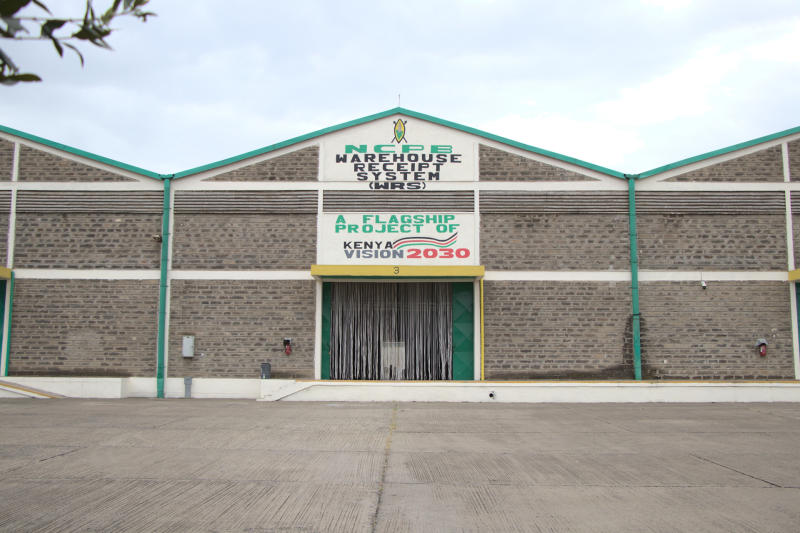Agribusiness
NCPB on the Spot over Stocking Food Reserves Delay

More than 5.4 million Kenyans fear starving and are in urgent need of relief supplies and access to healthcare, therefore the National Cereals and Produce Board (NCPB) is under scrutiny for the National Food Reserve’s (NFR) tardiness in becoming operational to manage emergency inventories.
The board was expected to start filling the National Food Reserve, handle affairs pertaining to the Strategic Food Reserve, and engage in commercial food storage and trade, according to Auditor-General Nancy Gathungu.
“The two divisions were created as per Circular Ref: MOA/B.1/6A dated 29 April 2020 but remain non-operational. The management is in breach of the law and the assurance of food security in the country could not be confirmed,” said Ms Gathungu in the latest audit report of September 2022.
There are currently no emergency stocks held by NCPB, which is in charge of maintaining the National Strategic Reserve of maize, wheat, and other agricultural products.
It received no funding from National Treasury allotments during the previous fiscal year to purchase maize for the reserves.
As a result of the strategic food reserve program’s suspension in 2019, the government has stopped purchasing maize from farmers to stockpile for times of scarcity.
Since 2020, NCPB has stopped purchasing corn for the reserve on behalf of the government. However, it has been using domestically generated money to buy commercial maize for commerce.
Between February and August of this year, the Ministry of Agriculture permitted traders to import 900,000 tonnes of duty-free white maize and 600,000 tonnes of duty-free milled corn.
Out of the 10 million bags of duty-free maize that were supposed to be imported due to the dearth of the good on the international market, traders who were granted import licenses have only imported 1.2 million so far.
Leaders from the North Rift, which produces the majority of the nation’s food, have called for the Strategic Food Reserves to be reinstated in order to protect Kenya from food shortages as more than 5.1 million people are at risk of going hungry.
As it appears that the country is facing a coming catastrophe due to delays in the arrival of imported maize to cushion consumers against the rising price of flour, they ask the Ministry of Agriculture to restart the program to handle emergency food supplies.
“We questioned why the previous administration did away with the Strategic Food Reserve … the ministry must restore the strategic grain reserve,” said the leaders, led by Uasin Gishu Senator Jackson Mandago.
He said the NCPB outlets were set up to mop up food stocks across the country to mitigate against shortages.
“If you go to the NCPB stores in Kitale, Eldoret, Kajiado, and Homa Bay, there is nothing, because the last time there was food in those stores was six years ago. We demand the ministry to revert the reserve so that we return the food reserves and hopefully we can get enough food this year and stock,” said the senator.
The 2015 regulations governing the Strategic Food Reserve Trust Fund established the Strategic Food Reserve Fund’s primary function as the provision of a physical stock of foods such as maize, beans, rice, fish, powdered milk, and tinned meat.
The purpose of the fund was to maintain sufficient strategic food reserves in physical stock or cash equivalent at all times, organize for the purchase, storage, and sale of food commodities, and stabilize the nation’s food supply and prices.











